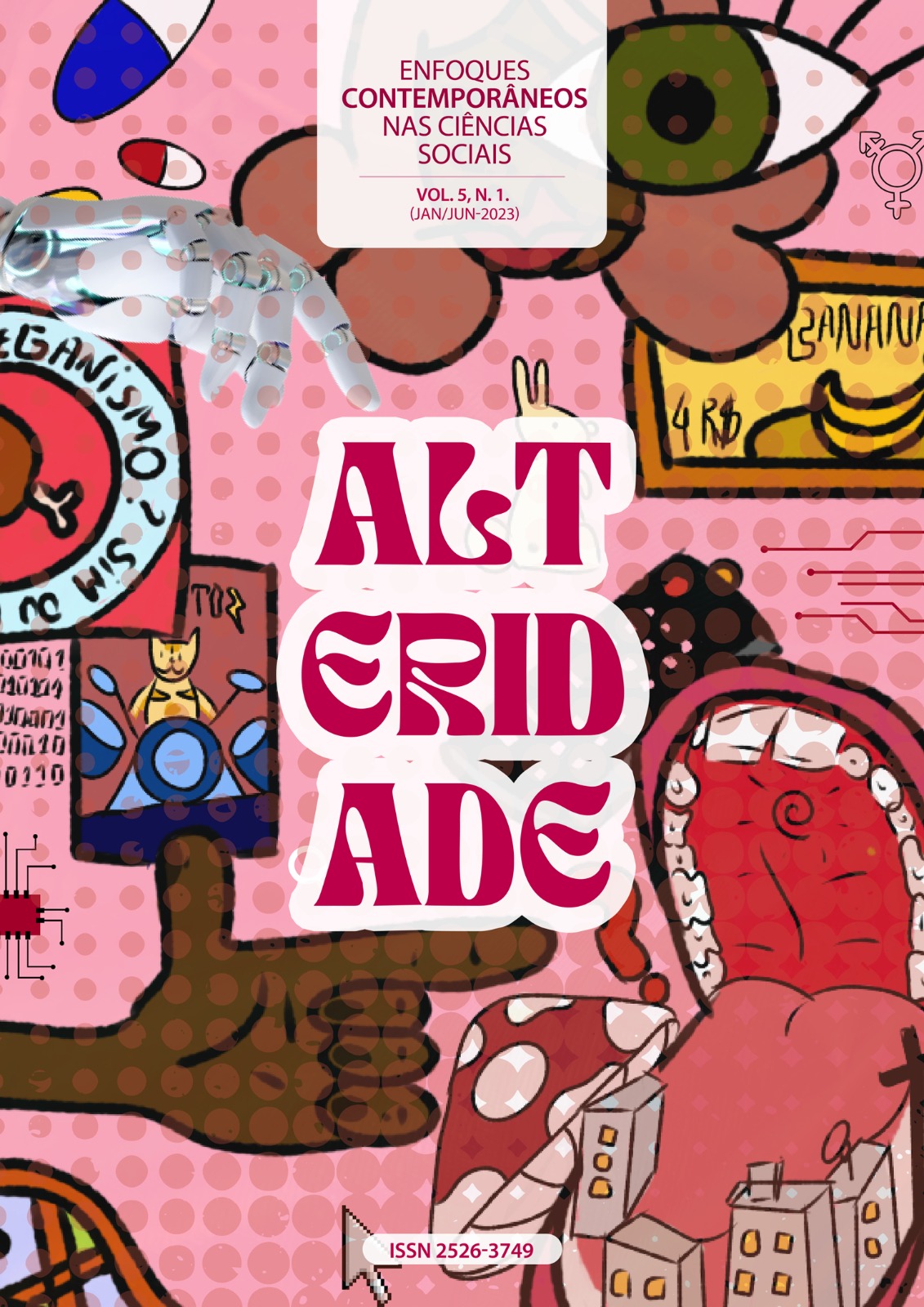THE THE FESTIVAL OF SÃO PEDRO DE MACARANI-BA
INTERPRETING THE TRADITION'S IDENTITY AND RELIGIOSITY
DOI:
10.46551/alt0501202307Keywords:
Macarani, Feast of Saint Peter, Tradition, Identity, Religion.Abstract
This article aims to present of the Festival de São Pedro de Macarani, which took place in 2018 through participant observation, the exercise of dense description and the analysis and interpretation of the acts and elements that compose it. Macarani is a municipality in the Middle Southwest of Bahia, 600 km from the capital Salvador and close to the border with the State of Minas Gerais. The Festa de São Pedro has been celebrated every year since 1921, in honor of the patron saint of the city, and has been writing its tradition for over a century. Choosing a Party as an ethnographic object opens up several different possibilities of approach. We will carry out an exercise of interpretation of the Fest de São Pedro in two lines of analysis – as a religious expression, focused on the dimension of the sacred, the ordering of the senses and connections with the church and the mystique of the city and another, as an expression of identity, historically constructed by classifications and social positions and by the expression of local memory, in which both point to different levels of social life, to the universe of beliefs and practices shared in space and time, constituting a coherent system of collective self-recognition, reaffirming in the realization of the Feast of São Pedro, his belonging to the same community, the same tradition, a social ethos.
Downloads
References
DURKHEIM, Émile. As Formas Elementares da Vida Religiosa. São Paulo, Martin Claret,1997.
ERIC HOBSBAWM & TERENCE RANGER(orgs.). A invenção das tradições. – Rio de Janeiro: Paz e Terra, 1984. Págs. 9-23.
FERRAZ, Wadmillan de Oliveira. Etnografia da Festa de São Pedro de Macarani-Ba. Montes Claros: Ciências Sociais/Unimontes, 2020.
GEERTZ, Clifford. A Religião como Sistema Cultural. In: A Interpretação das Culturas. Rio de Janeiro: Ed. LTC, 2008.
HALBWACHS, Maurice. A memória coletiva.São Paulo: Vertice, 1990
MAUSS, Marcel. Sociologia e Antropologia. Vii. São Paulo: EPU, 1974.
NIEMUNDAJÚ, Curt. Os Patasó (Hã Hã – Haî). Manuscrito de 1938, Rio de Janeiro: Museu Nacional/UFRJ, 1939 (disponível em - http://etnolinguistica.wdfiles.com).
PEIRANO, Marisa. O dito e o feito: ensaios de antropologia dos rituais I Marisa Peirano 0643 (org.). - Rio de Janeiro: Relume Dumará :Núcleo de Antropologia da Política UFRJ, 2002
SAHLINS, Marshall. Ilhas de História. 1º Ed. Rio de Janeiro: Jorge Zahar Editor, 1990.
SOUZA Jr. Coronéis e compadres, família poder e lealdade no sertão. Tese de doutorado: PUC-SP. 2015.
WIED-NEUWIED, Maximilian. Viagem ao Brasil. São Paulo: Companhia Editora Nacional, 1942.
Downloads
Published
Métricas
Visualizações do artigo: 455
Issue
Section
License
Copyright (c) 2023 Alteridade Magazine

This work is licensed under a Creative Commons Attribution-NonCommercial-NoDerivatives 4.0 International License.
Nesta revista, os direitos autorais para artigos publicados são do(s) autor(es), sendo os direitos da primeira publicação pertencentes à Revista Alteridade. Os artigos são de acesso público, de uso gratuito, de atribuições pr´óprias, de atribuições educacionais e de aplicações não comerciais.













